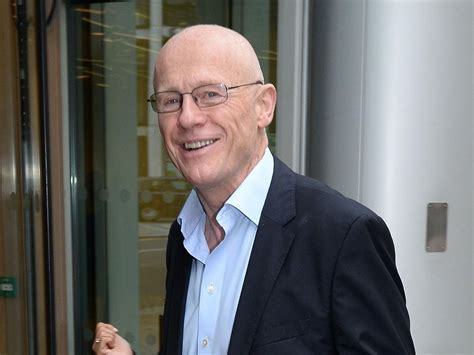Top 71 Quotes & Sayings by John Caudwell
Explore popular quotes and sayings by an English businessman John Caudwell.
Last updated on April 14, 2025.
The power of fear of failure, with will to win, is an incredible force. I don't think we should be worried about having a fear of failure; I think it's quite natural. If you surveyed any top businessman or any top athlete, I bet if they were truthful, they would all say they've got a fear of losing and a fear of failure.
My second business would have succeeded but for competitors' jealousy. I was selling motorbike gear cheap, but the people I was undercutting complained to the manufacturer and cut off my supply. It showed me how corrupt business can be. When I sold phones, the same thing happened, but this time I was ready.



















